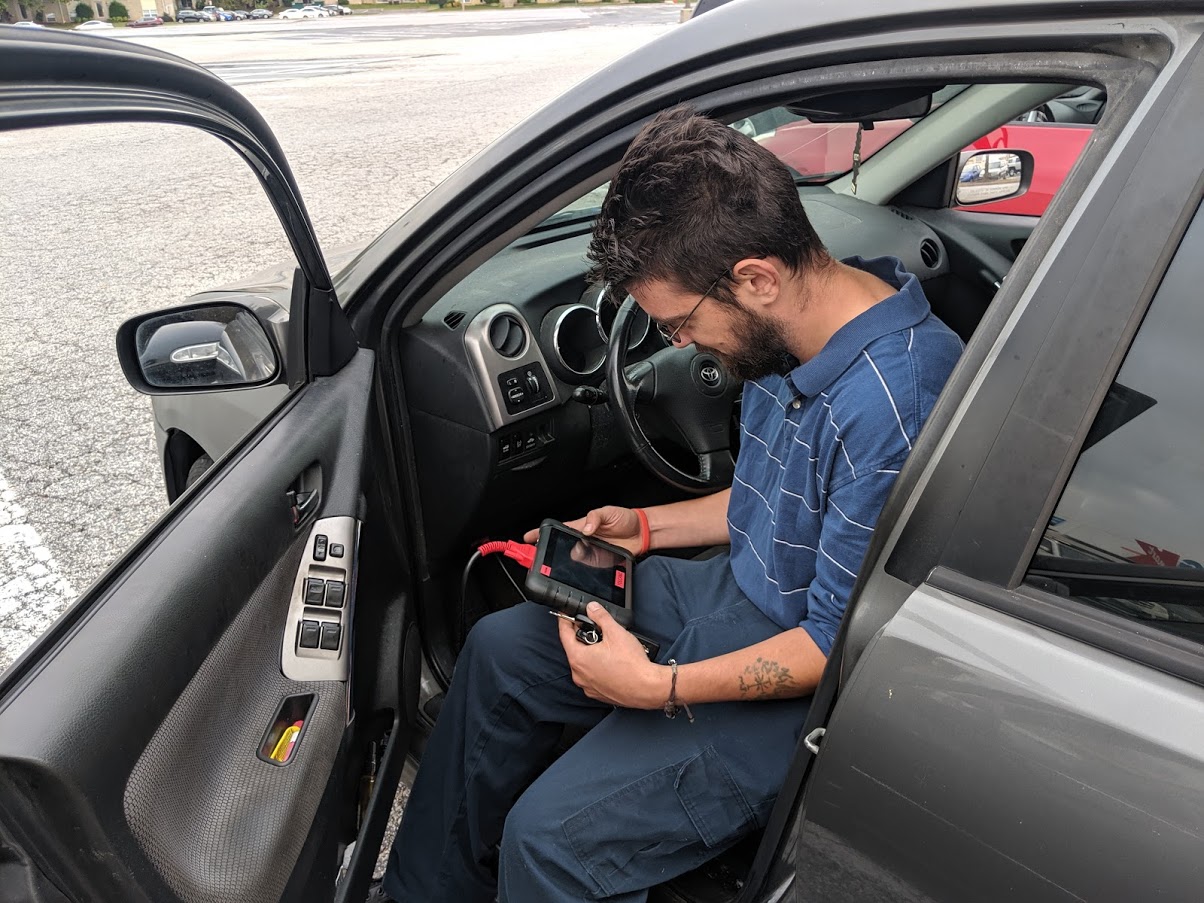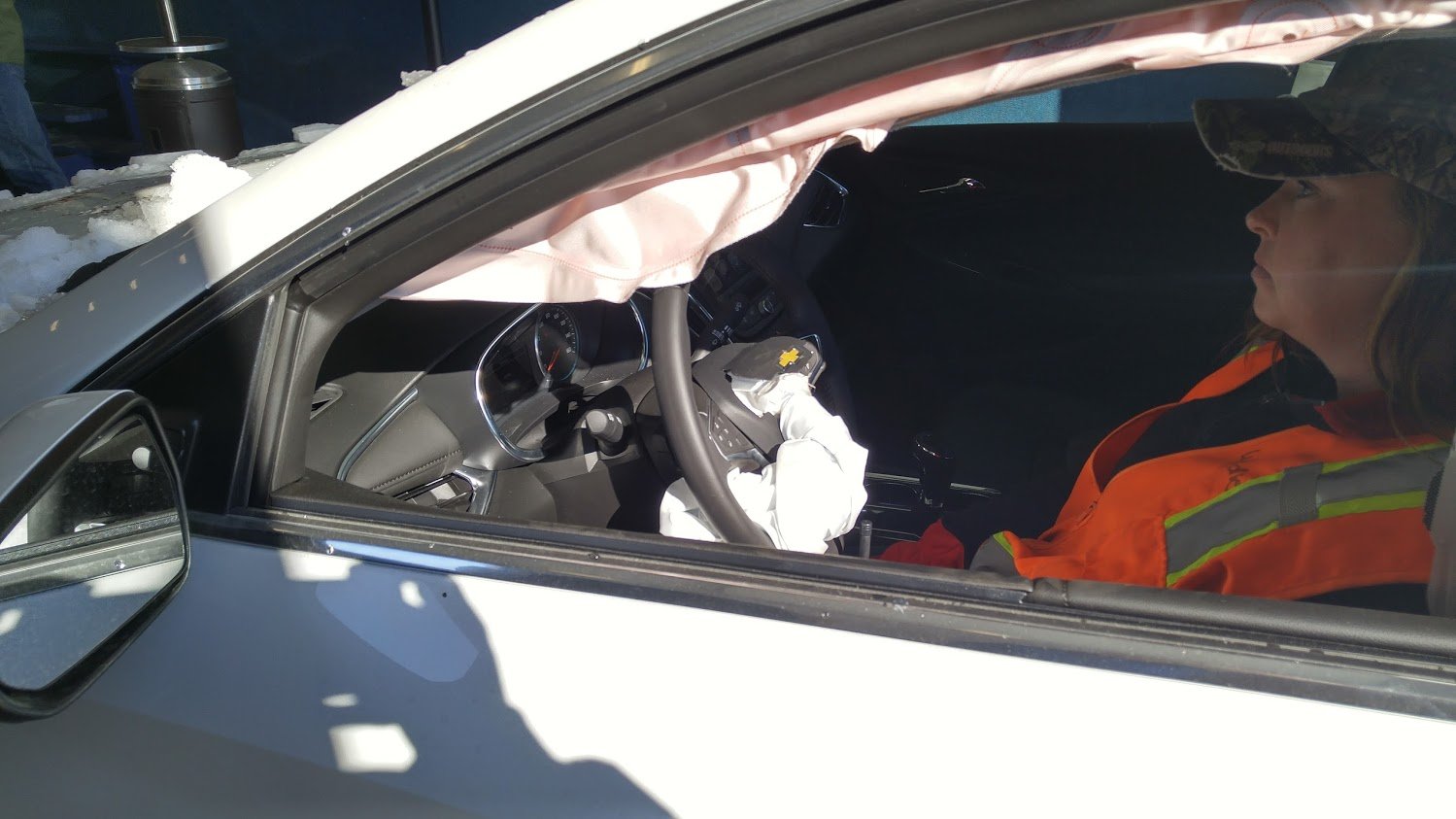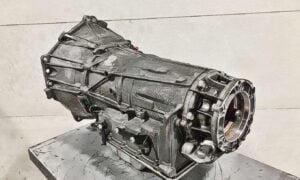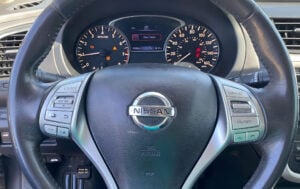5 Things You Must Check When Buying a Used Car
Buying a used car can be exciting and overwhelming. We often see used vehicles sold with hidden damages or problems at car auctions. To help you avoid buying a lemon, follow our checklist of Things You Should Check When Buying a Used Car.
1. Always Read Fault Codes

Read Codes. Read Codes. Read Codes.
If you learn one thing from this article, you should never buy a car without reading the codes. Get an OBD-II scanner, like the YOUCANIC Full System Scanner, and read the codes via the diagnostic port under the dashboard. A basic scanner can tell you a lot about the engine. If the check engine light is on, you will have the code you can research on your phone. A pending fault code may be present even if the check light is not on. Basic scanners cannot read airbags, SRS, ABS, and transmission codes.
2. Drive For At Least 30 Minutes

Never buy a car without a test drive. Transmission and engine problems may not be noticeable until the vehicle warms up. If you buy the car from a private owner, ask if taking it for a test drive is OK. Drive at slow and higher speeds for at least 30 minutes.
For example, a car could have high-speed issues, such as not shifting properly or feeling unstable over 50 mph. Drive around a neighborhood with lots of stops and go. Monitor the temperature gauge and oil light during the test drive. When you turn on the ignition, the oil light should only come on for a few seconds.
The temperature gauge should never go over the halfway mark. Check out the electronics and the operation of the air conditioner. If it is winter, you should still turn on the AC and see if it works correctly and if the compressor is engaging. Do not drive with the radio on during your test drive, but listen carefully for engine and suspension noises.
3. Check Airbags / Body / Frame / Interior

The physical condition of the car is a crucial factor. You should note any damage and negotiate the price accordingly. If a vehicle has been in a minor accident, it’s not a primary concern as long as the seller is honest and tells you what happened. Don’t buy a car with deployed airbags unless you know what you are doing.
If you find damage and the seller tries to hide it, you should be concerned about the purchase. Check the frame under the hood and in the rear by the spare tire. If the car was involved in a severe accident, you will often notice repairs done here. Look under the car for rust, and avoid vehicles with excessive rust.
4. Check fluids

Open the hood and check the fluid levels. Note where the car was parked. Park the vehicle in a clean area and let it run for at least a few minutes. Now move the vehicle forward or backward one full car length. Look where the car was parked.
Do you see any wet spots underneath?
If you see any black spots, this could be engine oil; if you notice any green fluid on the floor, the anti-freeze leaks, typically accompanied by a strong smell. Sometimes, you may also notice pink fluid, usually the transmission.
5. Get a Pre-sale Inspection

Less than 10% of used car buyers inspect a certified mechanic before purchase. Many used car buyers visit the mechanic shortly after buying their cars. Most sellers will allow you to take the vehicle to a mechanic of your choice near their residence.
Find a couple of auto repair shops near the seller and call them. Tell them that you are interested in buying a used car and would like to do a pre-sale inspection. Ask how much it costs as you will be responsible for paying the bill. Having a vehicle inspected by a professional is worth the cost.
No matter how carefully you look, a mechanic who works on cars all day can quickly discover hidden problems. You want to avoid getting a car with major problems with the engine or transmission. Ask the mechanic for their opinion on whether you should buy the car.
Check History Report
A VIN History Report may not show all the problems, but running a report is always a good idea. A Vehicle history report will show if there are any title problems or if there have been any reported accidents.
It will show if the car has been flooded and reported to the insurance company. It will show if the vehicle has been reported with frame damage. In some cases, you may even see maintenance records on the vehicle history report, but not always.
If you spend thousands of dollars on a used car, you should always spend a few dollars on a history report. There are services like Carfax and Autocheck, but now other companies offer vehicle history reports, which few people know about. For example, this VIN Provider provides vehicle history reports at a much lower cost than the two big names mentioned above.
Conclusion
Don’t rush to buy a car because someone else is looking at the car while you are. You don’t want to decide based on emotions when buying a car. It is best to talk to the seller, arrange an inspection, and negotiate a price. Then, sleep on it for a night. This will give you time to decide on your next purchase.
Always Research Common Problems
Every car make and model has problems that may be specific to that model. Do some search online for the vehicle you are interested in. See if other owners have experienced any significant issues.
When buying a used car, check forums and ask the community what they think of a particular model. Every car will have some issues, so don’t expect to find a perfect one. You want to avoid models with significant problems, primarily related to the engine and transmission.
Check the specific engine that you are looking to buy. One car model car comes in two or more engine sizes. For example, a VW Jetta could have a 1.8T or a 2.5-liter engine. The 1.8T may have some significant issues, while the 2.5 liters may be the bulletproof engine you want to buy.
Buying a Used Car From a Dealer
If you buy a car from a dealer, they often give you a 30-day warranty. In some states, this is even required. If not, they may sell a third-party warranty.
You can also ask a private seller to guarantee if a significant problem arises in the first 30 days of ownership. For example, write up a contract covering any major defect over $500 that may come up in the first 30 days or seven days of ownership. This is an excellent way to ensure that you will not have any significant problems as soon as you purchase the car. A seller who knows their vehicle and is honest will not have a problem with this.
Get this in writing on a bill of sale. It may sound crazy, but it is the best way to protect yourself when you buy a used car. We hope you find the 5 Things You Must Check When Buying a Used Car guide helpful. For more help with your vehicle, check these troubleshooting and repair guides.








